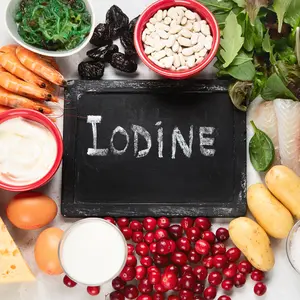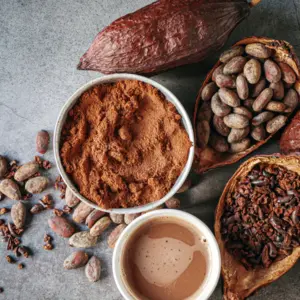

Food, Farming and Nutrition

Food, Farming and Nutrition
Which Eggs Are Best?
Organic, cage-free, free range, pasture-raised—which type of eggs are the best? And what do each of those terms really mean?
All egg labels are required to have the following:
- Safe handling instructions
- Information on the size of the eggs
- A USDA-approved grademark shield (Grade AA for the highest quality with the most nutritional value, Grade A for high quality with whites that may be a little less firm, and Grade B for the lowest quality, with runny whites and wider, flatter yolks)
- Nutritional information
All other claims are voluntary, and only some of the voluntary labels are USDA-regulated. Many of the voluntary labels have to do with animal welfare, and there are some small nutritional differences between them. Here are some of the most common labels.
Cage-Free
Cage-free eggs are defined by the USDA as eggs laid by hens that are able to roam vertically and horizontally in indoor spaces while having access to fresh food and water. Cage-free hens currently produce about 35% of the eggs on the market, up from 10% a decade ago. Although this method of egg production is considered to be more humane than the longtime standard of battery cages, some cage-free farms may restrict outdoor grazing, and their nutrition may not be as good as hens who are allowed outside.
Free-Range
Free-range hens follow the same rules as cage-free, with the added requirement of having continuous access to outdoors during their laying cycle. How much time the hens are permitted to spend outside is open to interpretation, although some animal welfare groups define it as at least six hours per day of outdoor access with at least two square feet of outdoor space per bird.
Pasture-Raised
This term isn’t defined by the USDA, but if it comes with a third-party animal welfare certification seal, the regulations are more defined than free-range eggs. Certified Humane and American Humane Certified both require pasture-raised egg-laying hens to have at least 108 square feet of pasture with live vegetation, and for those fields to be rotated so that fresh vegetation is always available. Having access to the outside year-round means they must also have access to a barn for protection from predators.
Pasture-raised and organic eggs often have darker, yellower yolks and are found to have less cholesterol, which may be due to continuous access to live vegetation and because they have more omega-3 fatty acids.
Organic
In addition to what’s typically required for pasture-raised eggs, organic egg-laying hens must be provided with 100% organic feed without the use of pesticides, herbicides, or fertilizers. They must also be able to graze outside for at least 120 days per year.
What About White vs. Brown Eggs?
Egg color is determined by the pigment of the hen that lays them. White hens produce white eggs, and reddish-brown hens produce brown eggs. Regardless of color, the eggs have the same relative nutritional benefits.
Additional Terms
Some other terms you may see on egg packaging:
- Local or locally produced eggs—Must originate from less than 400 miles from the processing facility or within the state the eggs originated from and were processed in.
- Vegetarian fed—No animal byproducts were used to feed the hens.
- Grass fed—There is no legal USDA definition of this term.
- No hormones—This is a misleading term, as the USDA has banned the use of hormones and all eggs are hormone-free.
REFERENCES
Cleveland Clinic. (2022, August 11). Best eggs to buy: when labels matter most. https://health.clevelandclinic.org/which-label-matters-most-when-you-buy-eggs


 By
By







